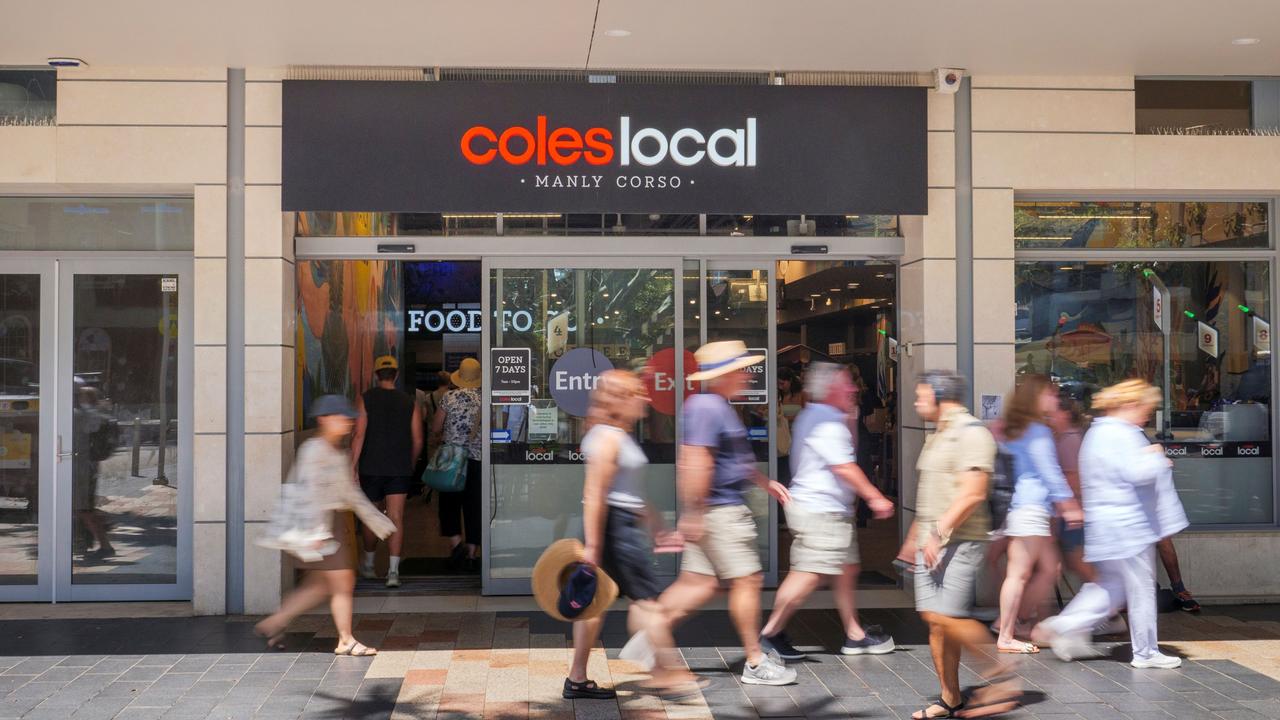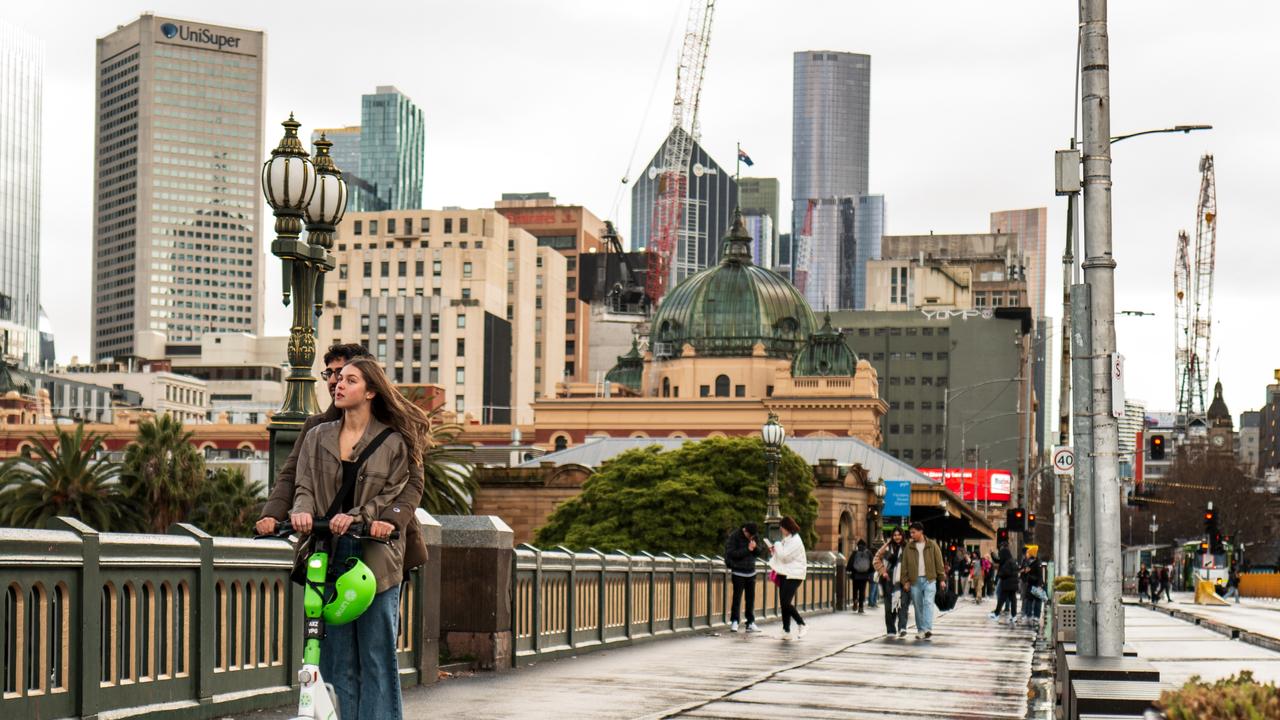These five Aussie VCs are looking for 50 start-up to back in 2025
Got an idea? Five of the nation’s leading venture capital firms have tens of millions to invest in up to 50 new start-ups. Here are the industries they’ve shortlisted as the hottest to back.
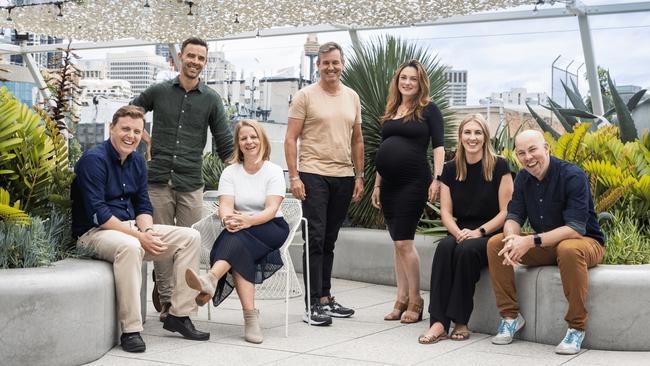
Business
Don't miss out on the headlines from Business. Followed categories will be added to My News.
Cryptocurrency could make a resurgence while climate start-ups suffer under a Trump administration, venture capitalists have predicted, as they place their bets on the next big thing in 2025.
The nation’s largest VC firms have hundreds of millions of dollars to deploy in 2025, and many have already set goals on where the money will flow and just how many start-ups will have access to it.
One Ventures founding partner Michelle Deaker said the fund would be watching closely to see what impact the Trump administration would have on renewable start-ups and technology hardware companies.
“We think there’s going to be some losers potentially under the Trump administration,” she told The Weekend Australian.
“We think the drag on tariffs and the more anti climate-change approach will sort of filter through and so that could put a bit of a dampener on the renewable sector, which was really taking off.”
Ms Deaker said US tariffs could pose a threat to tech hardware especially and there could be flow-on effects in Australia.
But a Trump administration also opened the door for cryptocurrency start-ups, with the US president-elect having previously shown he was partial to the alternative form of currency.
Ms Deaker said she had seen statistics showing about 92 per cent of start-ups would return to the market seeking to raise capital.
“We think people were still delaying raising (in 2024) and we’re going to see more need for capital in companies,” she said.
These start-ups would be raising as terms had “swung” back in favour of investors.
“There was a period in 2021 where everything was in the favour of the entrepreneurs and, actually, a lot of investors have written off money from 2021 because valuations were way too high and unsustainable,” she said.
“Valuations are back to those pre-pandemic levels, even back to 2016 or 2017 levels so it’s more normalised again now and the types of terms for the investors usually require.”
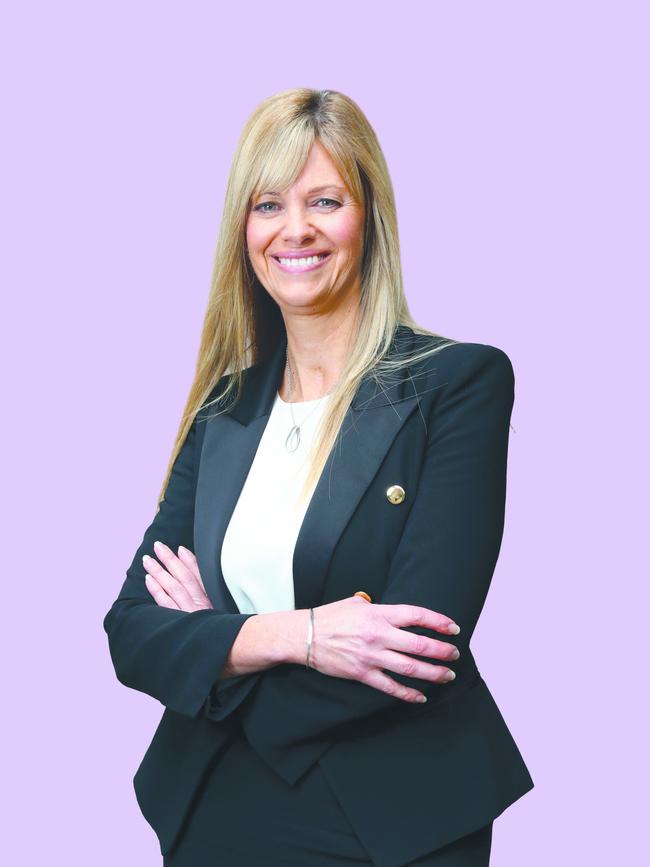
Blackbird, which expected to back about 20 start-ups in 2025, remained gung ho on artificial intelligence businesses.
Investment partner Tom Humphrey said the fund was focused on “vertical AI software”, a term he used to describe new business providing services to specific industries, likening it to Shopify for e-commerce businesses or checklist software for construction companies.
“Eighty per cent of IPOs over the last decade have been horizontal software companies including Slack and Dropbox,” he said.
“I’d say an interesting shift that we’ve been seeing just over the last year or so has just been the dawn of vertical SaaS software.”
Mr Humphrey said he had also noticed that founders were getting younger, with Blackbird having backed start-ups founded by a 17-year-old, a 19-year-old and a 20-year-old in 2024. He likened that to the outcome of new programs in schools and universities.
“I think that’s largely due to a lot of these younger folks getting really developed and stronger STEM training within schools and universities, as well as this exposure to the entrepreneurial pathway as an opportunity for them to go straight out of school or straight out of university,” he said.
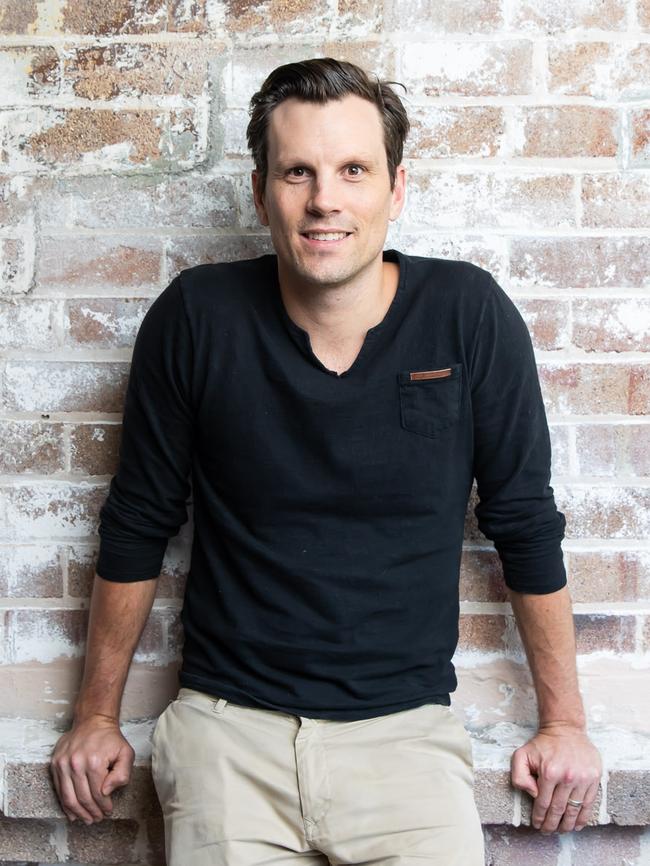
OIF Ventures investment manager Andrew Yeo, who held a similar role at Airtree, also had his eye on vertical SaaS businesses.
That had been a theme of OIF in 2024 which it would look to continue, pointing to one of its portfolio start-ups Neara which built simulated networks for energy and critical infrastructure providers.
OIF Ventures was also expecting embedded payments and fintech more broadly to grow.
“I think we’re seeing fintech come back quite a bit,” he said. “We’re seeing in public markets the valuation of fintech companies like Block having recovered somewhat but not all the way,” Mr Yeo said.
“I think fintech was punished quite a bit during the downturn but now we’re seeing the proliferation of the likes of Stripe for payments and Square which seems to be out of every sort of cafe or small business you interact with nowadays.”

OIF Ventures was investing from its $140m early stage fund and had recently begun raising for another opportunity fund.
Airtree partner John Henderson said 2024’s focus on AI would be no different this year but there would be a particular focus on AI agents.
“The software industry already generates over $700bn in annual revenue in large part by making human workers more efficient,” he said.
“But the next evolution of software won’t just co-ordinate or simplify tasks. It will complete them.
“Start-ups are already leading this shift with early examples like AI travel agents that plan and book entire trips, AI customer success agents that troubleshoot issues and process refunds, and AI legal assistants that draft, review and negotiate contracts.”
The firm would also look at the “unsexy industries” including “construction, logistics, insurance, education and manufacturing”.
“These sectors are ripe for transformation through automation of tasks like project cost estimation, safety audits, procurement, building inspections, quality control, claims processing and regulatory compliance. The list is endless and the market opportunity could be 10 times that of today’s software,” he said.
Mr Henderson also weighed in on the loud and proud entrepreneurs who flock to platforms including Microsoft-owned LinkedIn.
“We think the winners in 2025 will likely not be the loudest voices … they’ll be the quiet technologists solving boring problems that everyone else ignored,” he said.
Folklore Ventures founder and partner Alister Coleman said 2024 was the year when larger raises had returned to market, particularly throughout December, and that had set the pace for 2025.
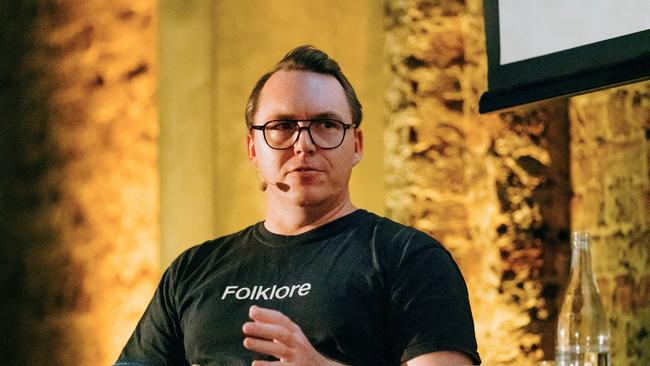
“December 2024 was easily the busiest month for VC in a number of years. On balance, we expect this level of activity to continue into 2025,” he said.
Mr Coleman said Folklore expected to see major disruption from AI, which could benefit the software-as-a-service businesses.
“While we still see opportunity in more conventional SaaS, we don’t expect wholesale change in 2025 as that’s typically not how change occurs, but we do seem to be entering an era of new exploration around product and productivity triggered by AI in healthcare, robotics and B2B solutions, that only feels skin deep at the moment,” he said.
Originally published as These five Aussie VCs are looking for 50 start-up to back in 2025




